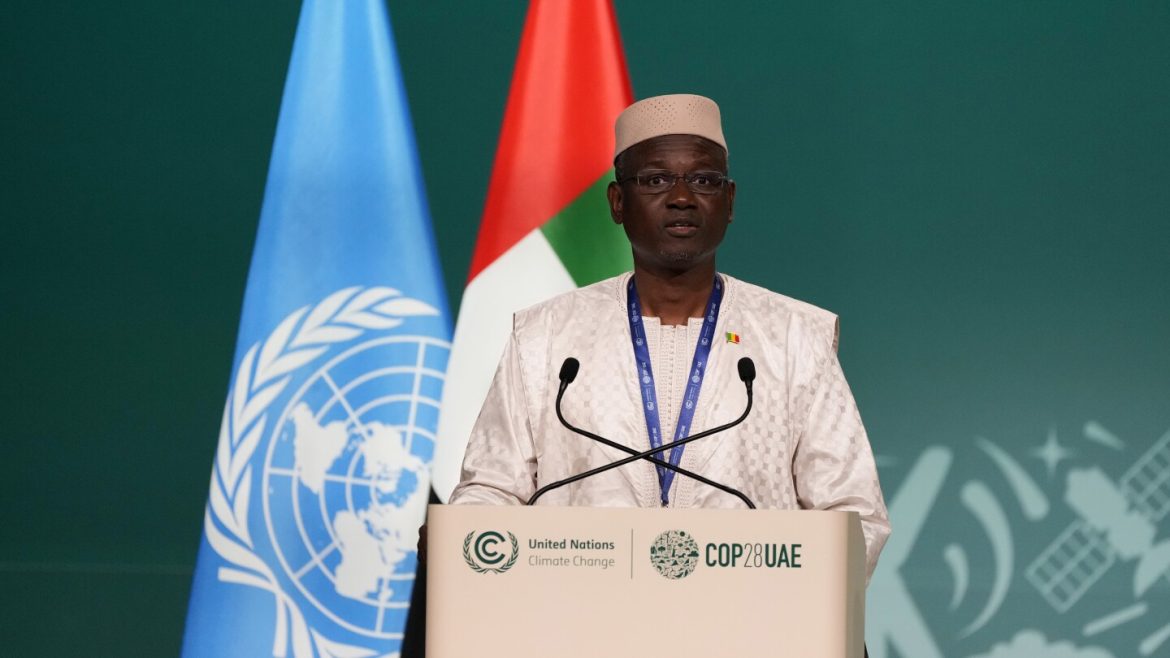Mali’s transitional government has taken a major step in reshaping its national peace efforts with the presentation of a draft National Charter for Peace and Reconciliation. The document, which is the result of over six months of broad consultations both within the country and among Malians in the diaspora, was formally presented on Sunday, July 20, at a workshop chaired by Prime Minister Abdoulaye Maiga in Bamako.
The final version of the Charter is scheduled to be officially submitted to Mali’s Head of State, President Assimi Goita, on Tuesday, July 22, at the Koulouba Palace, slightly later than originally planned. Government officials explained that the brief delay was meant to allow more inclusive consultation and fine-tuning of the content.
This new peace charter marks a strong shift away from the 2015 Algiers Agreement, which Mali’s current transitional authorities now consider outdated and disconnected from the country’s present-day realities. Instead, the draft Charter follows what officials are calling an “endogenous” peace approach — one rooted in Malian institutions, local traditions, and values.
Chairman of the Charter’s drafting committee, Ousmane Issoufi Maiga, praised the document as inclusive and aligned with the spirit of Mali’s 2023 Constitution, highlighting the principles of integrity, justice, and solidarity as its foundation.
“This is not just a document,” Prime Minister Abdoulaye Maiga said during the workshop. “It is a historic moment of sovereignty. We are taking full ownership of our reconciliation process, guided by our own values and national interest.”
The new National Charter is expected to serve as a central pillar in Mali’s efforts to rebuild the state, promote peace, and strengthen national unity — especially in light of continued insecurity and armed conflict in the country’s north and central regions.
Mali has faced years of violent extremism, separatist unrest, and ethnic clashes, particularly since 2012. While international and regional efforts like the Algiers Peace Agreement tried to address the conflict, local dissatisfaction with those efforts has grown, especially after repeated breakdowns in implementation and ongoing instability.
The current transitional authorities believe that a locally driven framework like the new Charter is more likely to succeed in engaging communities and fostering real reconciliation. According to officials, the drafting process involved not just political leaders and experts, but also traditional chiefs, community representatives, women’s groups, and young people from all regions of Mali and from the diaspora.
To ensure that the Charter reaches and resonates with every part of Malian society, the government is preparing a national communications campaign. The aim is to inform citizens and institutions about the Charter’s goals, generate public buy-in, and guide collective action toward peace and state-building.
Authorities see the Charter not only as a political or legal tool, but also as a symbolic declaration of Mali’s self-determination in managing its own peace efforts. By moving away from externally-led frameworks and refocusing on national dialogue, the leadership hopes to foster deeper social cohesion and restore confidence in state institutions.
As Mali continues its transition and prepares for eventual elections, the National Charter for Peace and Reconciliation is expected to play a critical role in guiding future political and security arrangements.
